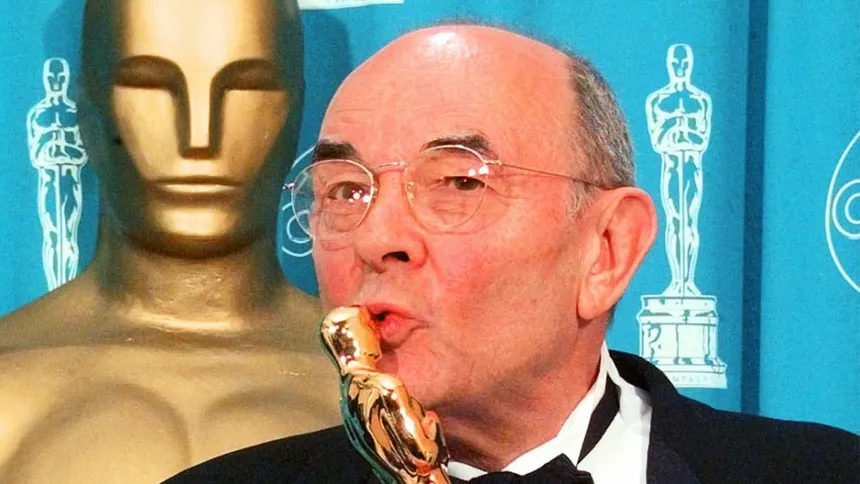Stanley Donen, a director of unparalleled talent, left an indelible mark on the world of cinema with his iconic films that have stood the test of time. His unique approach to filmmaking, which emphasized the “unreal” over “realism,” resulted in a oeuvre of larger-than-life cinematic treasures. Donen’s work is characterized by technical dexterity, resonant themes, and rich characterization, making him a master of the musical genre.
Donen’s earliest and most notable film is “On the Town” (1949), a musical comedy that follows three sailors as they explore the streets of Manhattan on a 24-hour shore leave. The film features an energetic score, memorable characters, and a charming performance from Gene Kelly. Donen’s use of location shooting and dance numbers brought the city to life in a way that has never been replicated. His mastery of filmmaking is also evident in “Seven Brides for Seven Brothers” (1954), a musical western about a rugged backwoodsman who marries a schoolteacher and tries to civilize his six unruly brothers.
In the 1950s, Donen continued to excel in the musical genre with films like “Indiscreet” (1958) and “Damn Yankees” (1958). “Indiscreet” features impressive chemistry between Cary Grant and Ingrid Bergman, while “Damn Yankees” boasts memorable songs and a standout performance from Ray Walston. Donen’s film “Funny Face” (1957) is a romantic comedy about a fashion photographer who falls in love with a bookstore clerk who becomes a model. The film features stunning visuals, memorable songs, and Audrey Hepburn’s signature charm. The iconic black-and-white cinematography and fashion shots make the film a visual feast.

Stanley Donen (Via Stanley Donen/Twitter)
Donen’s film “Two for the Road” (1967) is a drama that follows a couple on a road trip from England to the French Riviera, revealing the complexities of their relationship through flashbacks. The film is a masterpiece of storytelling, with every element expertly crafted. Donen’s use of time jumps and multiple storylines added depth and complexity to the narrative. Donen’s work in the 1960s also included “Bedazzled” (1967), a comedic retelling of the Faust legend, starring Dudley Moore and Peter Cook.
Of course, Donen’s most iconic film is “Singin’ in the Rain” (1952), a classic musical about a silent film star who must adapt to the advent of talkies. The film is a masterpiece of entertainment, featuring a memorable cast, iconic songs, and timeless charm. Donen’s direction of the dance numbers and musical sequences made the film a visual and auditory treat. Lastly, Donen’s “Charade” (1963) is a thriller-romantic comedy about a woman who discovers that her husband was murdered and teams up with a mysterious stranger to uncover the truth.
Throughout his career, Stanley Donen demonstrated a remarkable ability to craft films that were visually striking, emotionally resonant, and technically impressive. His films are a testament to the power of filmmaking, and his legacy continues to inspire and delight audiences to this day.
























